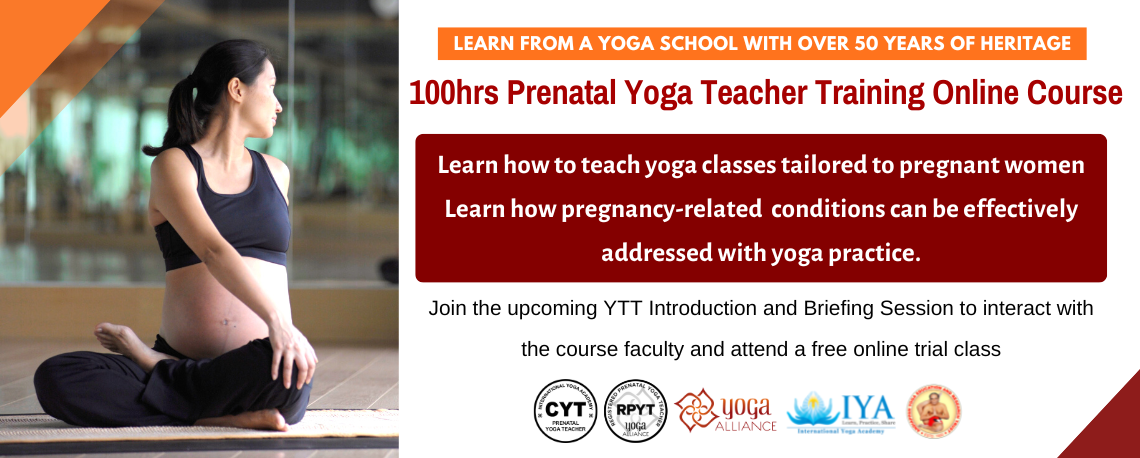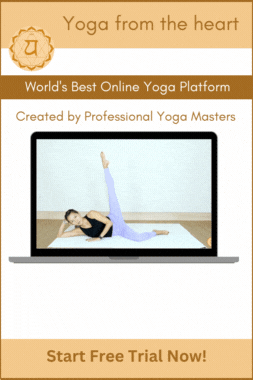Marina Montesanti is an awardwinning theatre director originally from Brazil. Over her life she has also lived in Argentina and South Africa, before now living full-time in New York City. While scivolo gonfiabile the life of a theatre director can be very stressful, Marina gives thanks to her practice of meditation to get through any situation. From transcendental meditation to ancient practices of Buddhism, Marina has tried it all. She now takes some of her learnings and brings it to her career in theatre, usually gathering her cast in a circle prayer before large productions.
Asana Journal caught up with Marina exclusively to find out more about her passion of meditation and how it relates to her every-day life as one of the world’s top theatre directors…
1. How were you first introduced to meditation and what were your original thoughts even before giving it a try?
I have always felt a connection to something bigger, but I wanted to put it to practice and make it a conscious method. My first meditative thoughts were of an eternal ocean and I sought guided meditations on CD’s to further immerse myself in the practice. I originally envisioned finding a calmer way of living, but when I encountered Buddhism I understood that I could go even further to revolutionize my life. In contrast to the superficial popular practices, Buddhism brought me a leap in the space of meditation; I found refuge in the light of my natural state of peace.

2. While growing up and living in Brazil, Argentina and South Africa, did you pick-up on any different types/forms of meditation? Which ones interested you most to try?
Yes, I tried transcendental meditation and other types that are related to psychology. However, it wasn’t until I encountered the ancient practice of Buddhism, that I experienced an indescribable alignment and an urge to study the method which takes a lifetime to develop.
3. What is the biggest misperception about meditation you find?
“Life is chaotic and meditation is a way to think of nothing.”
In reality, meditation is not to think of nothing. Instead, it is a deep awareness of how we are creating realities and naturally settling in a place of peace, something much vaster. When I rest in the luminous nature of my mind I find a space without form or color where images arise bringing me an overwhelming feeling of relaxation and joy.
“Meditation is so hard.” Our natural state of mind is meditation, but we are removed from it because we identify with and focus on any thought that crosses our mind. By meditating we are connecting with what already exists in us.
4. How does the practice of meditation help you on a daily basis professionally as a theatre director?
My work is to create worlds, bubbles of reality and interpret the mind, so before jumping in the “drama”, it is essential to start from a place of balance. The emotional nature of most stories is heightened which can sometimes dislocate the process, energetically. Therefore it is necessary to place myself in a different spiritual, creative position.

5. How important is an active, healthy lifestyle to you overall?
My body is my temple. I stay active and clean my exterior life every day. I get up, shower, clean my house, work and stick to a vegetarian lifestyle. It is important I do the same for my mind. The nervous system is a muscle, the more we exercise the strongest it gets. We can think of the nervous system as having two main branches. One, the parasympathetic which is active when we are calm and, the other when we are in a fight or flight response mode. Meditation is one of the best ways to exercise the part that is active when we are calm. By exercising the mind we can make the parasympathetic the more dominant part of the nervous system in general. So, it is extremely important for me in my quest for a healthy lifestyle to train my mind.
6. You are now living in the United States (in New York City) and meditate at the Kadampa Meditation Center… Why did you choose this place?
My friend/artistic collaborator Mayana Neiva shared with me that it was a life-changing experience for her to learn from Kadam Morten at Kadampa Center. I went and received an introduction that was welcoming and that I was able to follow intellectually and spiritually. Many artists go there, and I don’t think it is a coincidence; it is an open space that is creative, has a strong community and is fostering of the process. At Kadampa, it feels like the spiritual energy of the practice radiates from its walls, ceiling, and floor. It is one of the most special places I have been to and am so grateful Mahayana took me there.
7. How often do you go there / how often do you meditate?
I go twice a week and try to meditate every night before going to bed.
8. As an award-winning theatre director, do you ever take moments to meditate with your actors & crew during rehearsals or before a live show?
Absolutely. I always get the team together in a circle before a show and do a type of prayer speech to acknowledge our work and remind us all that we are supported by one another and are in this together. On opening nights this is especially important because energies and expectations are high, so to bring everyone to a place of balance and clarity as a team can elevate everyone’s experience.

9. What advice would you like to share with other practitioners based on your personal experience or others looking at getting into meditation?
The practice of meditation opens a space that is necessary in this world. The bombardment of information we inhale daily is overwhelming and the accumulation of it is poisonous. To be present in the moment and fully aware of it can change the quality of one’s life immensely. Mindfulness is a living instrument of wisdom; an awareness that detaches us from our self-fixations and focuses on a mind of compassion for the benefit of all. Meditation is a practice that can revolutionize how you experience the world and igniting actions that come from a place of empathy. Anyone can do it and experience the benefits.
10. What are your future dreams and goals both professionally and personally?
I direct plays and musicals that are contemporary and socially relevant to our times. I believe theatre is one of the most powerful tools to ignite change from a place of compassion. Like in meditation, a group of people come together and open themselves up to listening and being challenged. My professional goal is to keep creating and moving more audiences towards unearthing their highest form of empathy from watching the work I direct. To create and collaborate in theatre fuels my soul. Nonetheless, it requires a lot of dedication and sleepless nights. Personally, a goal of mine is to never put my physical and mental health at risk because of workload. I am always aiming to practice a healthy lifestyle and be the example of compassion I wish for the world. It’s not as easy as it sounds, but it feels good to work towards it.
11. If you could change one thing in the world, what would it be?
I would give all girls access to education. On a spiritual level, something I heard at Kadampa and now make my own wish, is for all beings to be free of suffering. I would eliminate the preconceived apprehensions that we have for each other as a society, to bring us all to a level where we recognize our potential for authentic peace, unity, and compassion.


















 Other
Other